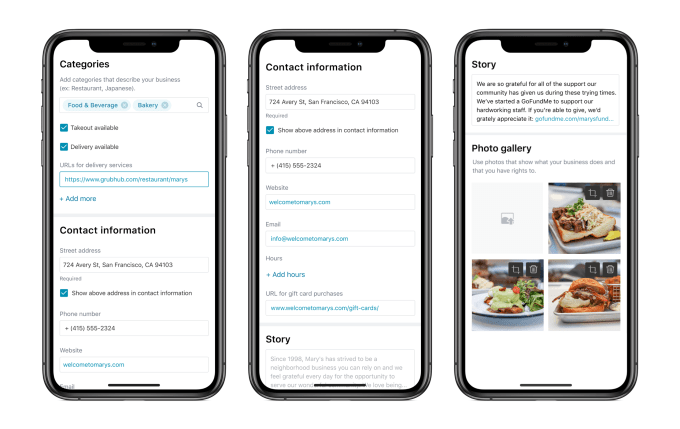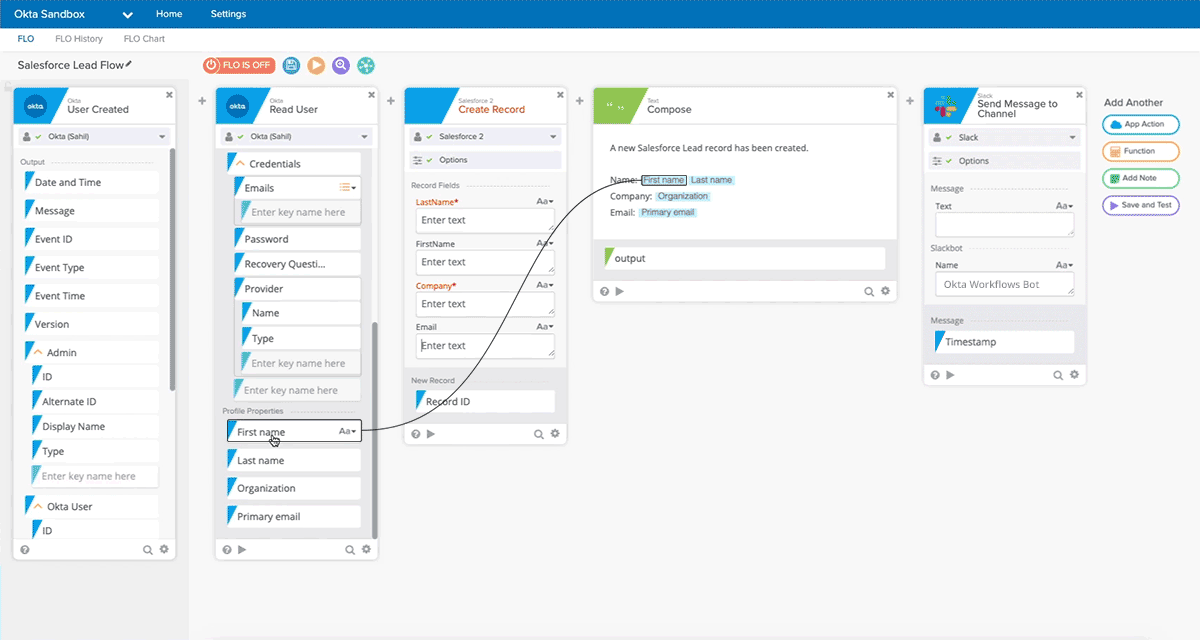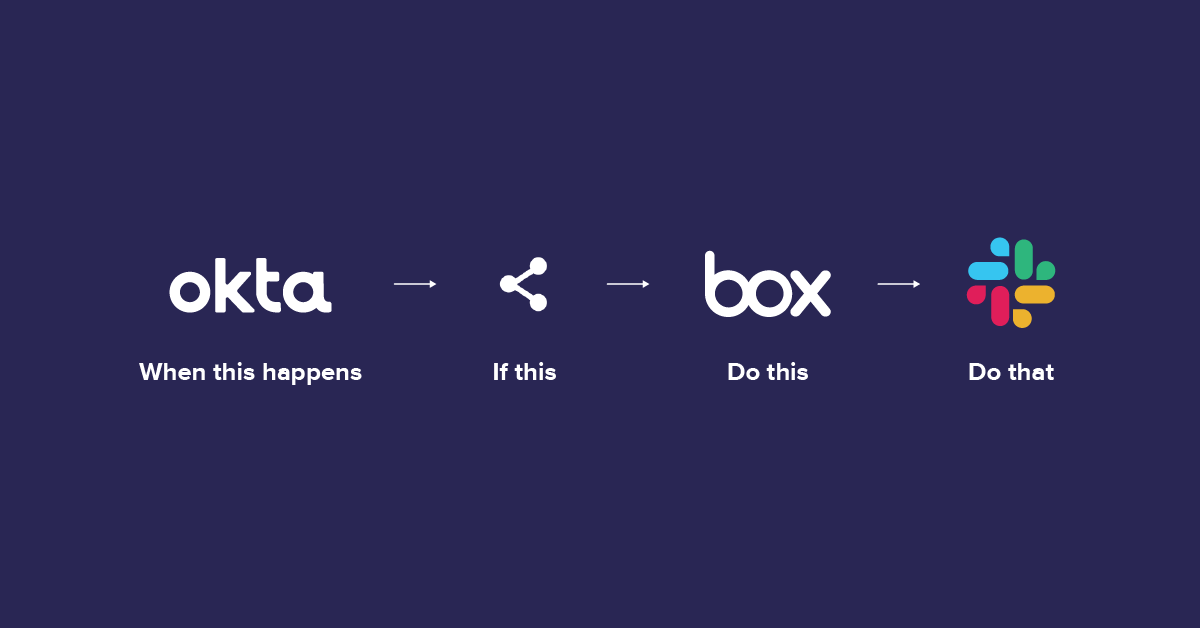Anthony Levandowski, the star self-driving car engineer who was at the center of a trade secrets lawsuit, has filed a motion to compel Uber into arbitration in the hopes that his former employee will have to shoulder the cost of at least part of the $179 million judgment against him.
The motion to compel arbitration filed this week is part of Levandowski’s bankruptcy proceedings. It’s the latest chapter in a long and winding legal saga that has entangled Uber and Waymo, the former Google self-driving project that is now a business under Alphabet.
The motion represents the first legal step to force Uber to stand by an indemnity agreement with Levandowski. Uber signed an indemnity agreement in 2016 when it acquired Levandowski’s self-driving truck startup Otto . Under the agreement, Uber said it would indemnify — or compensate — Levandowski against claims brought by his former employer, Google.
In Uber’s view the stakes are at least $64 million, according to the ride-hailing company’s annual report filed with the U.S. Securities and Exchange Commission . Although Levandowski, who was ordered in March 2020 to pay Google $179 million, is clearly shooting for more.
“For much of the past three years, Anthony ceded control of his personal defense to Uber because Uber insisted on controlling his defense as part of its duty to indemnify him. Then, when Uber didn’t like the outcome, it suddenly changed its mind and said it would not indemnify him. What Uber did is wrong, and Anthony has to protect his rights as a result,” Levandowksi’s lawyer Neel Chatterjee of Goodwin Procter said in an emailed statement to TechCrunch.
The backstory
Levandowski was an engineer and one of the founding members in 2009 of the Google self-driving project, which was internally called Project Chauffeur. The Google self-driving project later spun out to become Waymo, a business under Alphabet. Levandowski was paid about $127 million by Google for his work on Project Chauffeur, according to the court document filed this week.
Levandowski left Google in January 2016 and started Otto, a self-driving trucking company, with three other Google veterans Lior Ron, Claire Delaunay and Don Burnette. Uber acquired Otto less than eight months later.
Before the acquisition closed, Uber conducted due diligence including hiring outside forensic investigation firm Stroz Friedberg to review the electronic devices of Levandowski and other Otto employees, according to the recent court filing. The investigation discovered that Levandowski had files belonging to Google on his devices, as well as indications that evidence may have been destroyed.
Uber agreed to a broad indemnification agreement in spite of the forensic evidence, which would protect Levandowski against claims brought by Google relating to his previous employment. Levandowski was worried that Google would attempt to get back any or all of the $127 million in compensation he had received.
That forecast didn’t take long to come true. Two months after the acquisition, Google made two arbitration demands against Levandowski and Ron. Uber wasn’t a party to either arbitration. However, it was on the hook under the indemnification agreement, to defend Levandowski.
Uber accepted those obligations and defended Levandowski. While the arbitrations played out, Waymo separately filed a lawsuit in February 2017 against Uber, for trade secret theft. Waymo alleged in the suit, which went to trial and ended in a settlement, that Levandowski stole trade secrets, which were then used by Uber. Under the settlement, Uber agreed to not incorporate Waymo’s confidential information into their hardware and software. Uber also agreed to pay a financial settlement that included 0.34% of Uber equity, per its Series G-1 round $72 billion valuation. That calculated at the time to about $244.8 million in Uber equity.
Meanwhile, the arbitration panel issued an interim award in March 2019 against each of Google’s former employees, including a $127 million judgment against Levandowski. The judgment also included another $1 million that Levandowski and Ron were jointly liable for. Google submitted a request for interest, attorney fees and other costs. A final award was issued in December.
Ron settled in February with Google for $9.7 million. However, Levandowski, disputed the ruling. The San Francisco County Superior Court denied his petition in March, granting Google’s petition to hold Levandowski to the arbitration agreement under which he was liable.
As the legal wrangling between Google and Levandowski and Uber played out, the engineer faced criminal charges. In August 2019, he was indicted by a federal grand jury with 33 counts of theft and attempted theft of trade secrets while working at Google. Last month, Levandowski reached a plea agreement with the U.S. District Attorney and pleaded guilty to one count of stealing trade secrets.
What’s next
Levandowski’s lawyers argue that when the final judgment was entered against him, Uber reneged on its indemnification agreement. Levandowski said he was forced to file for Chapter 11 bankruptcy because Uber has refused to pay.
“While Uber and Levandowski are parties to an indemnification agreement, whether Uber is ultimately responsible for such indemnification is subject to a dispute between the Company and Levandowski,” Uber said, using similar language found in its annual report filed with the SEC.
Even if Levandowski’s legal team is able to convince a judge to compel Uber into arbitration, that doesn’t mean the outcome will be positive. Arbitration could take months to play out. In the end, Levandowski could still lose. But the filing allows Levandowski to speak out — albeit using legalese — and share details of his employment at Google and Uber. Among those are details about what Uber knew (and when) about Levandowski’s activities in recruiting Google employees as well as information he had downloaded onto his laptop, and discovered during the forensic investigation.
The first cracks between Uber and Levandowski appeared in April 2018, based on a timeline in the court document. It was then that Uber told Levandowski it intended to seek reimbursement for expenses used to defend him in the arbitration, according to claims laid out in the motion. Uber told Levandowski at the time, that one reason it was seeking reimbursement is because Levandowski “refused to testify at his deposition through an unjustifiably broad invocation of the Fifth Amendment.” Levandowski had used the Fifth Amendment in the deposition during the arbitration with Google.
Uber never requested Levandowski waive his Fifth Amendment rights and testify during the arbitration, according to the court document. Levandowski said that he immediately alerted Google and the arbitration panel that he was willing to testify and offered to make himself available for deposition before the arbitration hearing.
Levandowski-Uber Motion to Compel by TechCrunch on Scribd






